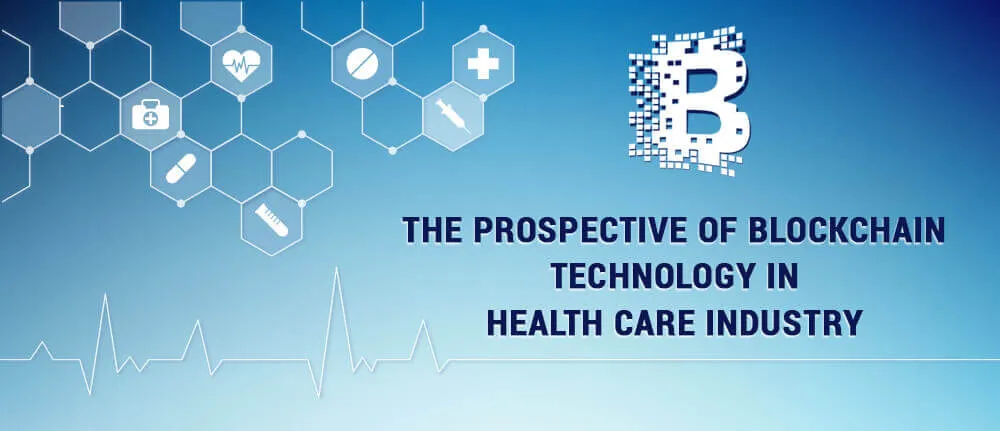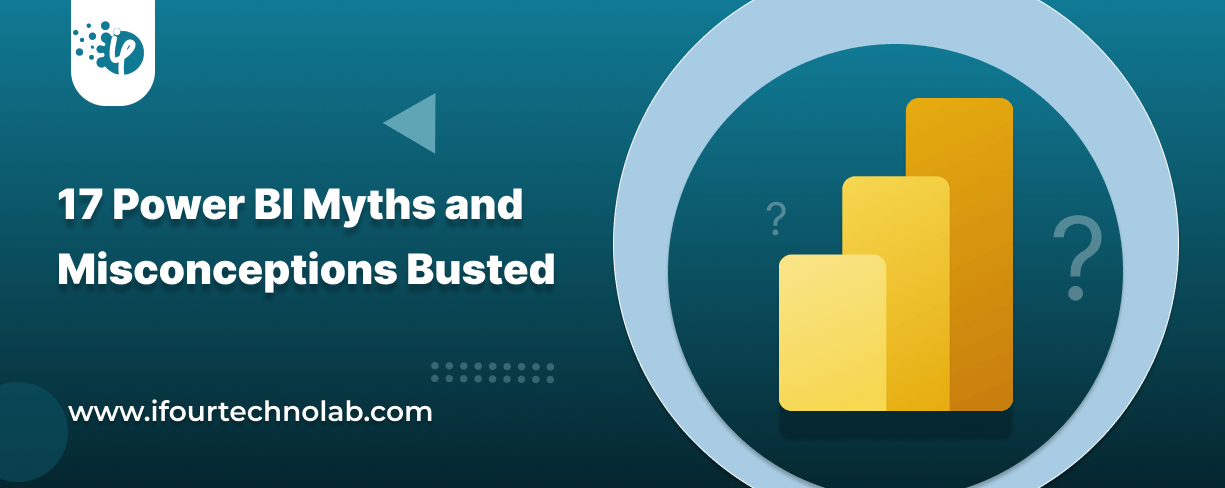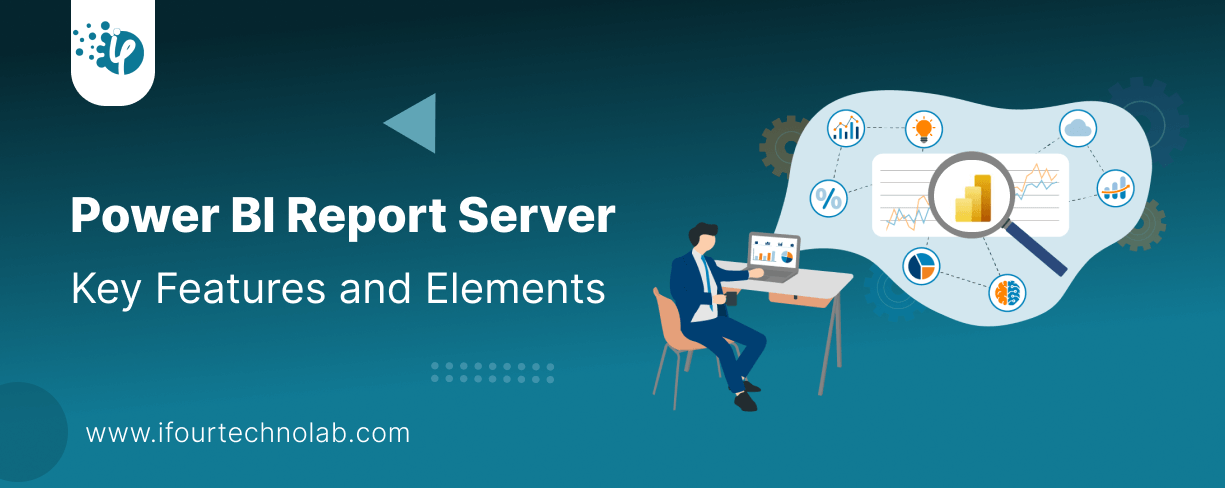How to Do Forecasting in Power BI (Steps & Accuracy Metrics)
Remember our last guide - Power BI forecasting? It revealed things that truly blocks accuracy, both structural and situational. Now it's time to take the next step. Knowing Power...
Listening is fun too.
Straighten your back and cherish with coffee - PLAY !

Blockchain is the next hot technology to thrash the healthcare market. While still an incipient technology in the industry, blockchain has stability to help healthcare providers and payers’ bridge traditional data, dramatically increase efficiencies, keep healthcare data secure and streamline patients' access to medical data.
Many healthcare and custom blockchain companies are presently working on or have already released blockchain -based systems to improve healthcare for both professionals and patients.
The healthcare industry is considered as a complex system of interconnected entities as there are various sectors involved like patients, healthcare insurance providers, payers, and many more. Recently many healthcare related attacks came into picture. Having a centralized system to store such valuable information is not a good option as it is easy for hackers to hack a single system and get data of millions of people altogether.
Healthcare data is scattered across multiple systems and sometimes may not be accessible when needed. In addition, we are not sure that the drug we consume is not expired and what are the stages that it has gone through until it reached the end user. There are several medical cases recorded where drug sellers are selling expired drugs.
The idea of dropping the third party can prove beneficial against hacking. Also if there can be something that can help the end user see the process of drugs they consume. For example, what they have gone through to reach them – Manufacturer, Wholesaler, Pharmacist and at last the end user. Making all these acts transparent without a third party is very much needed to protect healthcare industry’s data. This is where Blockchain kicks in.
Blockchain is a breakthrough technology that can help in healthcare sector. Here are the following things where it can help:
Billing and Claims Management is a process through which filing and processing of medical claims related to patient diagnoses, treatments, and medications is done. Many organizations have been a victim to data breaches where patient data is compromised, giving rise to medical insurance fraud, and theft.
A ransomware attack that occurred few years back was much into focus. Mainly the healthcare sector is an attractive target for hackers as the patient’s data have higher resale value than credit cards since so much information is attached to them including social security number, address, and financial information. According to recent research, around 50% of hospitals in U.S. have definitely been hit by ransomware and around 25% of hospitals do not really know whether they have been hit by it or not. Due to this reason, the Blockchain revolution has made its way to healthcare industry. One prototype is developed which is intended to improve medical records. This gives an authority to patients to grant access rights to their personal health records so no random person can have access to their records. Users’ information will be available in the encrypted form and only he will have the special set of cryptography key that he can share with others for a while to make some diagnosis and deliver appropriate treatments. Fact is that healthcare data becomes more easily managed, while saving money for payers, patients and even the providers.
Everyone related to healthcare community have their own local copy of the dataset and when a person wants to modify something in the dataset then they will have to pass through a cryptographic criteria to be eligible enough to make changes. Changes made are first entered into the block and then that block is verified for the done changes and if approved, it will be added to the chain.
Data will be with every node in the network but as it is encrypted, no one will be able to know about what stays inside. Decryption key lies with the owner of the data and only owner can decide who can access and update his data. If someone tries to temper with the data then this would require hacking and manipulating the number of computers that have Blockchain, which is virtually impossible, as the computational power of a single system cannot be equal or higher than the power that every node in the network has as a whole.
Data stored in the Blockchain can be accessed from anywhere by the user making it convenient as well. Blockchain can help reduce the number of attacks on users’ data. Thus, it plays a vital role in securing one of the most important sectors.
Drugs can be traced right away from origin until it reaches the end user. Each transaction between manufacturer, wholesaler, pharmacist, and end user is transparent so that user can check for issues such as counterfeit drugs. A hash is generated for every drug and can be checked for any changes. Changes in the hash suggest that it is not the same as it was before so that user can trace any wrong doings.
Thus, Blockchain is spreading its charm in healthcare sector.

Remember our last guide - Power BI forecasting? It revealed things that truly blocks accuracy, both structural and situational. Now it's time to take the next step. Knowing Power...

Did you know that 70% of CTOs (Chief Technology Officers) hesitate to adopt Microsoft Power BI because of its myths and misconceptions that float around. What they fail to see is...

Every CTO knows the struggle of managing complex reports. The inefficiency of scattered data, the constant juggling between reporting tools, the challenge of ensuring accurate KPIs...